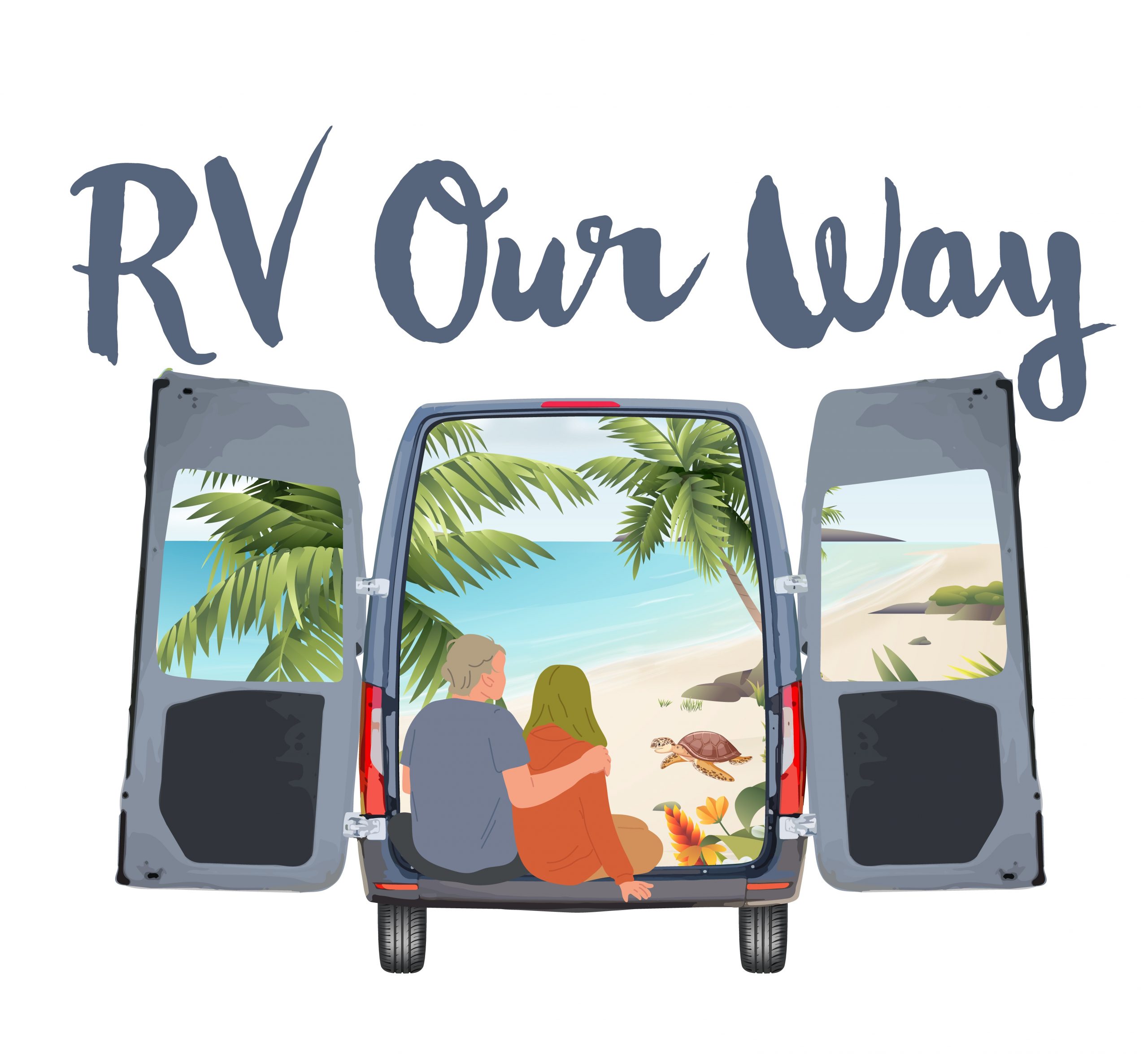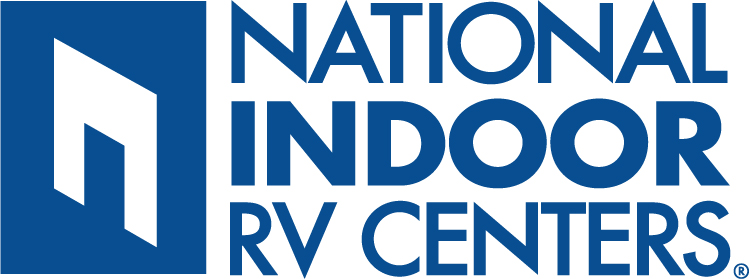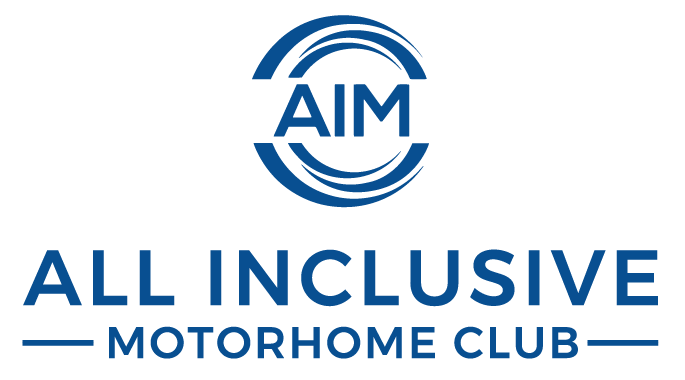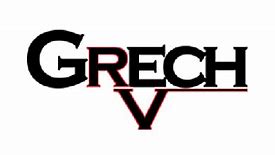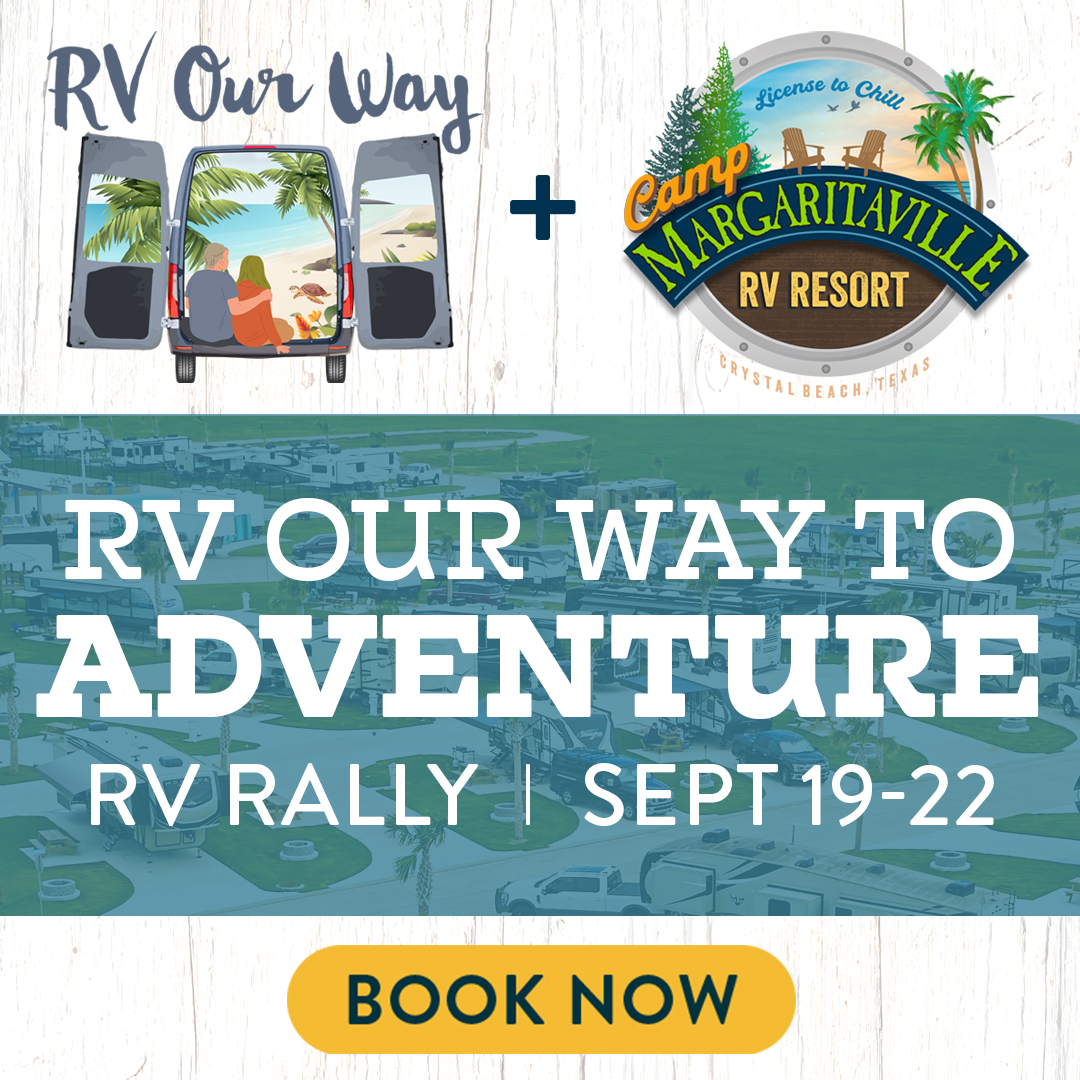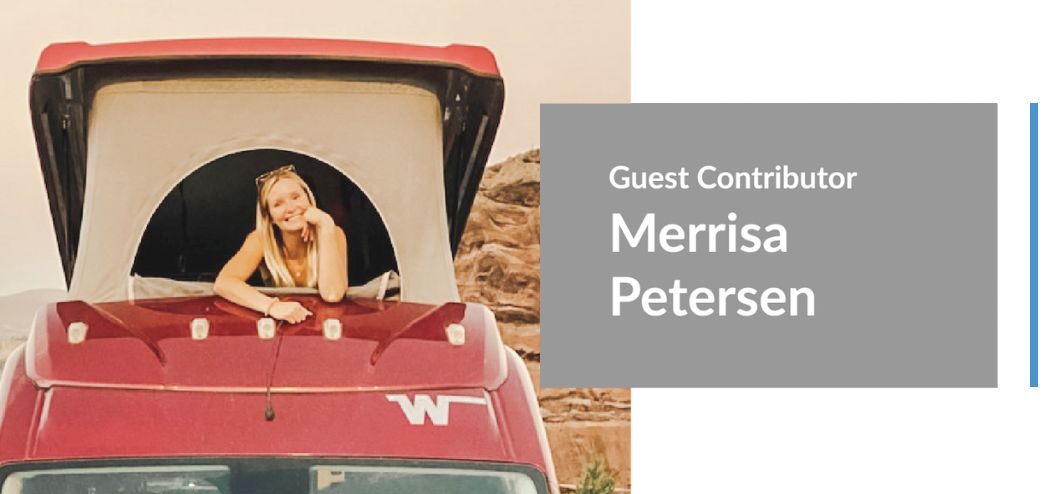Meet RV Our Way
Carl and Kay Kunkleman of RV Our Way have been RVers since 2011. They sold their Dutch Star in 2021 and purchased a B-class (van). In 2 ½ years, they have spent over 400 nights traveling to the more eclectic, remote attractions that B-class life allows. When not traveling, they live on South Padre Island, Texas.
About 18 months ago, they held their first B-class rally. Since then, they have had six big Rallies, twenty-plus Socials (mini rallies), and six Ladies Breakfast Clubs. They have built a YouTube channel with 79 videos and 50,000+ views of quick fixes, hacks, and modifications specifically for B Van owners.
Meet Camp Margaritaville RV Resort Crystal Beach
Camp Margaritaville RV Resort Crystal Beach sets itself apart from other RV destinations, providing a laid-back outdoor experience with all the comforts and conveniences of a luxurious resort. Located on the sunny, picturesque shoreline of the Bolivar Peninsula, this dynamic destination was reimagined from the ground up to offer campers, nomads and endless-road’ers an unparalleled, all-in-one beachside haven and entertainment hub. When you’re living on island time, there’s no pressure to do anything but unwind, let go, and feel the waves.
RV Our Way – To Adventure (the event)
September 19-22. 2024 at Camp Margaritaville RV Resort in Crystal Beach
RV Our Way and Camp Margaritaville RV Resort Crystal Beach are co-hosting an event called RV Our Way—To Adventure, which will be held September 19-22. If you are an avid B Van enthusiast or are considering the B Van life, you will want to check out this exciting three-day weekend event filled with fun, education, camaraderie, social gatherings, entertainment, and laughter with fellow RVers at the amazing Camp Margaritaville RV Resort in Crystal Beach, Texas.
NIRVC is hosting a dinner, and AIM, Techno RV, and THIA by Proteng will exhibit at the event. Engaging speakers, informative workshops, and the latest RV B-class models and accessories will inspire you. Grech RV and Midwest Automotive Designs are joining the event to answer questions and provide support.
Join the escape on wheels at RV Our Way – To Adventure and let Camp Margaritaville RV Resort Crystal Beach put you in the Margaritaville state-of-mind instantly with laid-back luxury under the sun. Join fellow travelers and blend relaxation and community during this exclusive weekend that is $100 for the event and $80 per night for a beautiful RV site at Camp Margaritaville RV Resort Crystal Beach RV (an exclusive rate for attendees – code will be given after event registration).
Grech RV will have representatives at the event. They will be offering service support and you will be able to register for service once you have completed your registration for the event. If you are looking for a new B Van NIRVC is proud to carry Grech RVs and you can view our full inventory by clicking the link.
Register now for this incredible opportunity to connect with the RV community and create lasting memories. Mark your calendars and get ready for an unforgettable experience.
